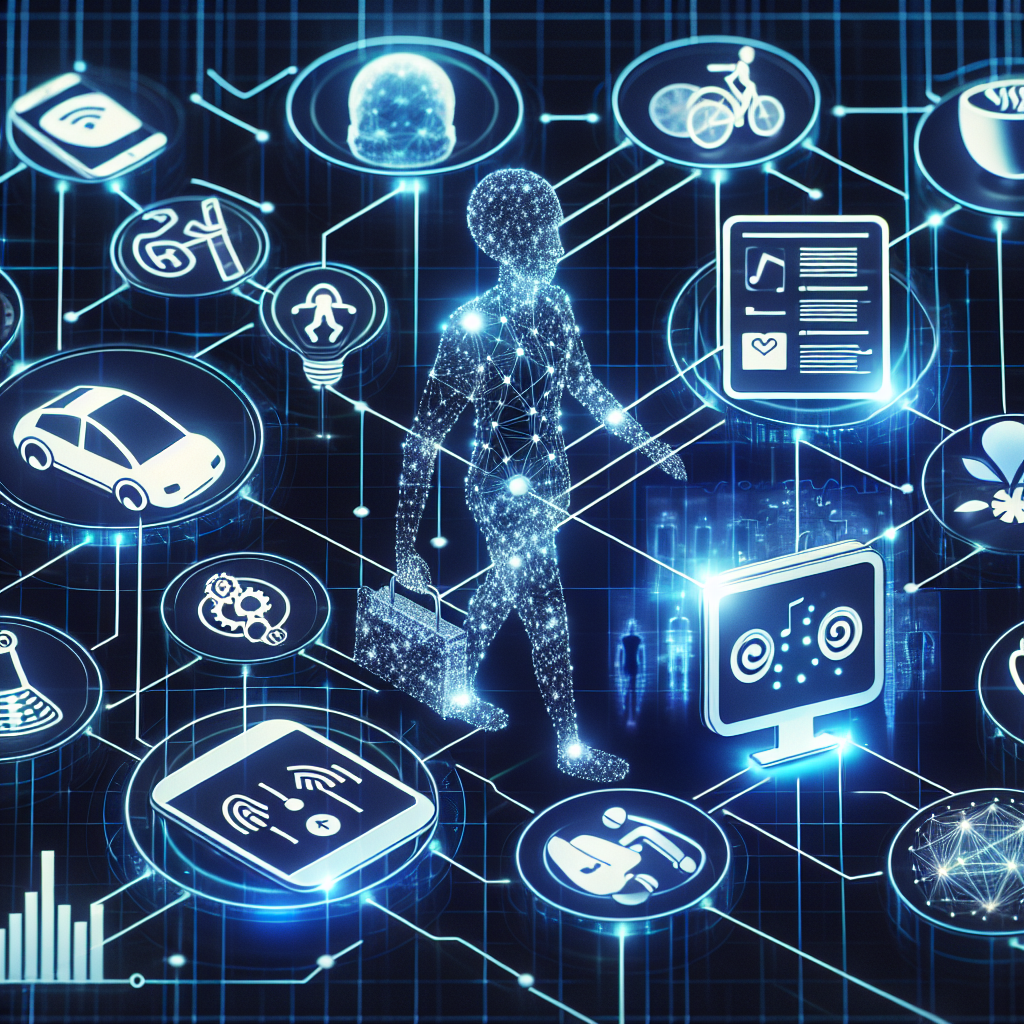
Artificial intelligence (AI) is becoming increasingly integrated into our daily lives, offering a variety of applications that enhance convenience, efficiency, and overall quality of life. From smart homes to personal assistants, AI technologies are transforming the way we manage our households, interact with technology, and perform everyday tasks. Here are some ways AI can help in everyday life:
1. Smart Home Devices
AI-powered smart home devices automate and streamline household tasks, making daily life more convenient and energy-efficient.
- Smart Thermostats: Devices like the Nest Learning Thermostat learn your schedule and preferences to optimize heating and cooling, saving energy and reducing utility bills.
- Smart Lighting: Systems such as Philips Hue adjust lighting based on occupancy and time of day, enhancing comfort and security.
- Voice Assistants: Amazon Alexa, Google Assistant, and Apple's Siri can control various smart home devices, provide information, and perform tasks through voice commands.
2. Personal Assistants
AI-driven personal assistants help manage schedules, reminders, and daily tasks, increasing productivity and reducing stress.
- Scheduling and Reminders: Assistants like Google Assistant and Siri can set reminders, schedule appointments, and send notifications, ensuring you stay organized and on time.
- Information Access: Personal assistants provide quick access to information, from weather forecasts to traffic updates, helping you make informed decisions.
- Task Automation: AI can automate repetitive tasks such as sending emails, making to-do lists, and even managing finances through applications like Mint and YNAB.
3. Health and Wellness
AI technologies contribute to improved health and wellness by offering personalized recommendations, monitoring health conditions, and promoting healthier lifestyles.
- Fitness Trackers: Devices like Fitbit and Apple Watch use AI to track physical activity, heart rate, and sleep patterns, providing insights and recommendations for a healthier lifestyle.
- Telemedicine: AI-powered telemedicine platforms enable virtual consultations, remote monitoring, and personalized treatment plans, making healthcare more accessible and convenient.
- Mental Health Apps: Applications like Woebot use AI to provide mental health support, offering cognitive-behavioral therapy techniques and emotional support through conversational interfaces.
4. Entertainment and Leisure
AI enhances entertainment experiences by personalizing content, improving gaming experiences, and automating leisure activities.
- Streaming Services: Platforms like Netflix and Spotify use AI algorithms to recommend movies, shows, and music based on your preferences and viewing history.
- Gaming: AI creates more realistic and challenging gaming experiences by controlling non-player characters and adapting gameplay based on player behavior.
- Content Creation: AI tools assist in creating music, art, and writing, allowing individuals to explore creative pursuits with the help of technology.
5. Shopping and Retail
AI transforms the shopping experience by offering personalized recommendations, automating processes, and enhancing customer service.
- Personalized Shopping: E-commerce platforms like Amazon use AI to recommend products based on browsing and purchase history, making shopping more efficient and enjoyable.
- Automated Customer Service: AI chatbots handle customer inquiries, process orders, and provide support, improving service quality and response times.
- Smart Grocery Shopping: Apps like Instacart use AI to suggest grocery items based on past purchases, dietary preferences, and current promotions, simplifying the shopping process.
6. Home Security
AI enhances home security by providing advanced surveillance, monitoring, and alert systems.
- Smart Cameras: AI-powered security cameras, such as those from Ring and Nest, offer motion detection, facial recognition, and real-time alerts, ensuring your home is secure.
- Automated Locks: Smart locks use AI to grant or deny access, monitor entries and exits, and provide remote control via smartphone apps.
- Intrusion Detection: AI systems analyze data from various sensors to detect unusual activity and alert homeowners or authorities, improving response times and reducing false alarms.
Conclusion
AI is rapidly transforming everyday life by offering solutions that enhance convenience, improve efficiency, and promote well-being. As AI technology continues to evolve, its integration into daily activities will only become more seamless and impactful, making our lives easier, safer, and more enjoyable.





